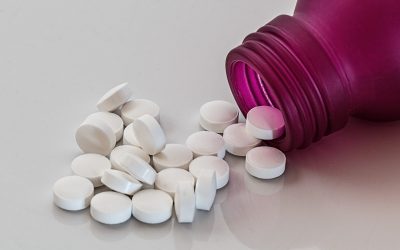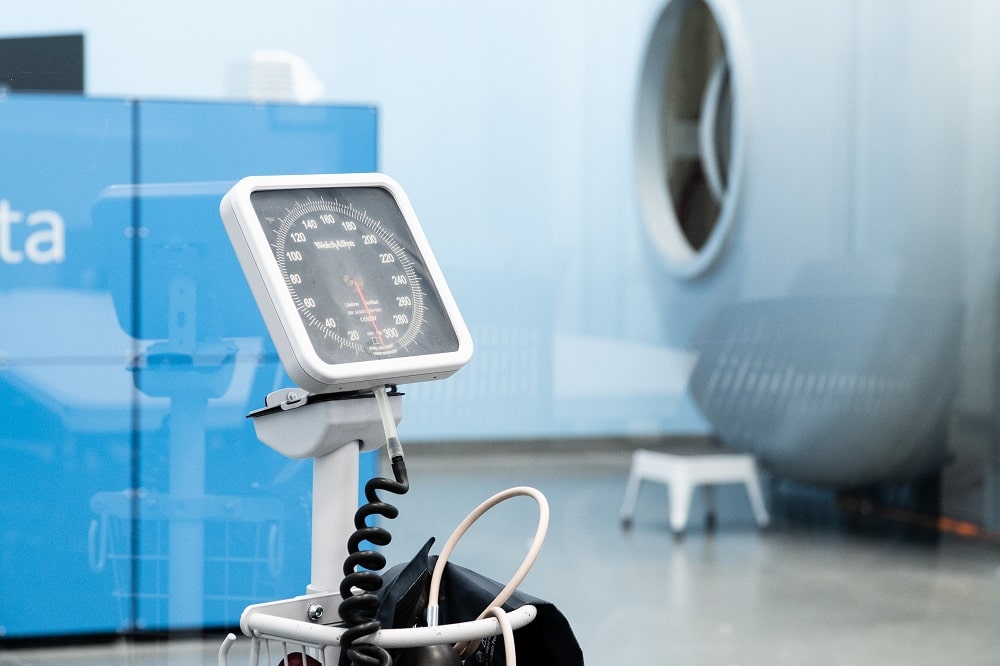Mohammed Elamir (The Villages, USA) and Amir Hadanny (Be’er Ya’akov, Israel) mark this year’s Stroke Awareness Month by discussing hyperbaric oxygen therapy (HBOT)—an emerging approach that they believe could break new ground...
Stroke
Hyperbaric Oxygen Therapy (HBOT) Research for Stroke
Hyperbaric oxygen therapy improves neurocognitive functions of post-stroke patients – a retrospective analysis.
Abstract: BackgroundPrevious studies have shown that hyperbaric oxygen therapy (HBOT) can improve the motor functions and memory of post-stroke patients in the chronic stage. ObjectiveThe aim of this study is to evaluate the effects of HBOT on overall cognitive...
Vitamin B12 Enhances Nerve Repair and Improves Functional Recovery After Traumatic Brain Injury by Inhibiting ER Stress-Induced Neuron Injury
Abstract: Traumatic brain injury (TBI) is one of the most common causes of neurological damage in young human populations. Vitamin B12 has been reported to promote axon growth of neuronal cells after peripheral nerve injury, which is currently used for the...
A Dual Role for Hyperbaric Oxygen in Stroke Neuroprotection: Preconditioning of the Brain and Stem Cells.
Stroke continues to be an extremely prevalent disease and poses a great challenge in developing safe and effective therapeutic options. Hyperbaric oxygen therapy (HBOT) has demonstrated significant pre-clinical effectiveness for the treatment of acute ischemic stroke, and limited potential in treating chronic neurological deficits. Reported benefits include reductions in oxidative stress, inflammation, neural apoptosis, and improved physiological metrics such as edema and oxygen perfusion, all of which contribute to improved functional recovery.
Targeting vascular inflammation in ischemic stroke: Recent developments on novel immunomodulatory approaches.
Ischemic stroke is a devastating and debilitating medical condition with limited therapeutic options. However, accumulating evidence indicates a central role of inflammation in all aspects of stroke including its initiation, the progression of injury, and recovery or wound healing. A central target of inflammation is disruption of the blood brain barrier or neurovascular unit. Here we discuss recent developments in identifying potential molecular targets and immunomodulatory approaches to preserve or protect barrier function and limit infarct damage and functional impairment.
The Effect of Hyperbaric Oxygen Therapy on Functional Impairments Caused by Ischemic Stroke.
While research suggests a benefit of hyperbaric oxygen therapy (HBOT) for neurologic injury, controlled clinical trials have not been able to clearly define the benefits. To investigate the effects of HBOT on physical and cognitive impairments resulting from an ischemic stroke. Using a within-subject design a baseline for current functional abilities was established over a 3-month period for all subjects (n=7). Each subject then received two 4-week periods of HBOT for a total of 40 90-minute treatments over a 12-week period. Subjects completed a battery of assessments and had blood drawn six times over the 9-month total duration of the study.
Increased circulating endothelial progenitor cells and improved short-term outcomes in acute non-cardioembolic stroke after hyperbaric oxygen therapy.
Acute ischemic stroke is a leading cause of mortality and long-term disability, and profiles of endothelial progenitor cells (EPCs) reflect the degree of endothelial impairment. This study tested the hypothesis that hyperbaric oxygen therapy (HBOT) both improves the clinical short-term outcomes and increases the number of circulating EPCs and antioxidant capacity. The numbers of circulating EPCs [CD133/CD34 (%), KDR/CD34 (%)], biomarkers for oxidative stress (thiols and thiobarbituric acid-reactive substances), and clinical scores (National Institutes of Health Stroke Scale [NIHSS], Barthel index [BI],
Cerebral arterial gas embolism from attempted mechanical thrombectomy: recovery following hyperbaric oxygen therapy.
Cerebral arterial gas embolism is a recognised complication of endovascular intervention with an estimated incidence of 0.08%. Its diagnosis is predominantly clinical, supported by neuroimaging. The treatment relies on alleviating mechanical obstruction and reversing the proinflammatory processes that contribute to tissue ischaemia. Hyperbaric oxygen therapy is an effective treatment and has multiple mechanisms to reverse the pathological processes involved in cerebral arterial gas embolism. Symptomatic cerebral arterial gas embolism is a rare complication of endovascular intervention for acute ischaemic stroke.
Hyperbaric Oxygen Therapy in the Treatment of Acute Severe Traumatic Brain Injury: a Systematic Review.
There has been no major advancement in a quarter of a century for the treatment of acute severe traumatic brain injury (TBI). This review summarizes 40 years of clinical and pre-clinical research on the treatment of acute TBI with hyperbaric oxygen therapy (HBO2) in the context of an impending National Institute of Neurologic Disorders and Stroke (NINDS)-funded, multicenter, randomized, adaptive Phase II clinical trial – the Hyperbaric Oxygen Brain Injury Treatment (HOBIT) trial. Thirty studies (8 clinical and 22 pre-clinical) that administered HBO2 within 30 days of a TBI were identified from PubMed searches. The pre-clinical studies consistently reported positive treatment effects across a variety of outcome measures with almost no safety concerns, thus providing strong proof-of-concept evidence for treating severe TBI in the acute setting.







